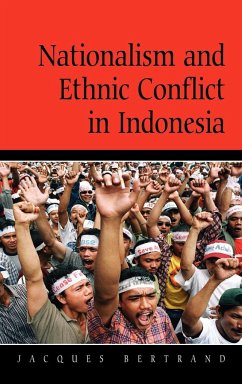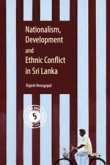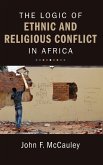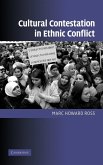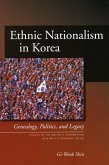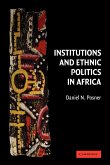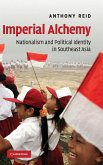Since 1998, which marked the end of the thirty-three-year New Order regime under President Suharto, there has been a dramatic increase in ethnic conflict and violence in Indonesia. In his innovative and persuasive account, Jacques Bertrand argues that conflicts in Maluku, Kalimantan, Aceh, Papua, and East Timur were a result of the New Order's narrow and constraining reinterpretation of Indonesia's 'national model'. The author shows how, at the end of the 1990s, this national model came under intense pressure at the prospect of institutional transformation, a reconfiguration of ethnic relations, and an increase in the role of Islam in Indonesia's political institutions. It was within the context of these challenges, that the very definition of the Indonesian nation and what it meant to be Indonesian came under scrutiny. The book sheds light on the roots of religious and ethnic conflict at a turning point in Indonesia's history.
Table of contents:
1. Ethnic conflict in Indonesia; 2. Critical junctures, nationalism and ethnic violence; 3. The Indonesian national model and its institutional history; 4. Exclusion, marginality and the Indonesian nation; 5. Islam and nation: the Muslim-Christian dimension; 6. The escalation of religious conflict; 7. Conflict in Maluku; 8. Late integration to the Indonesian nation: East Timor and Irian Jaya; 9. Aceh's ethnonationalist conflict; 10. Autonomy as a solution to ethnic conflict; 11. Unity in diversity.
Bertrand explores religious and ethnic conflict in Indonesia, arguing that its increase in recent years is the result of Suharto's long, authoritarian regime which left the country unprepared for change. The book is a major contribution to the understanding of conflict in an often misunderstood part of the world.
An exploration of religious and ethnic conflict in a complex and often misunderstood part of the world.
Hinweis: Dieser Artikel kann nur an eine deutsche Lieferadresse ausgeliefert werden.
Table of contents:
1. Ethnic conflict in Indonesia; 2. Critical junctures, nationalism and ethnic violence; 3. The Indonesian national model and its institutional history; 4. Exclusion, marginality and the Indonesian nation; 5. Islam and nation: the Muslim-Christian dimension; 6. The escalation of religious conflict; 7. Conflict in Maluku; 8. Late integration to the Indonesian nation: East Timor and Irian Jaya; 9. Aceh's ethnonationalist conflict; 10. Autonomy as a solution to ethnic conflict; 11. Unity in diversity.
Bertrand explores religious and ethnic conflict in Indonesia, arguing that its increase in recent years is the result of Suharto's long, authoritarian regime which left the country unprepared for change. The book is a major contribution to the understanding of conflict in an often misunderstood part of the world.
An exploration of religious and ethnic conflict in a complex and often misunderstood part of the world.
Hinweis: Dieser Artikel kann nur an eine deutsche Lieferadresse ausgeliefert werden.

